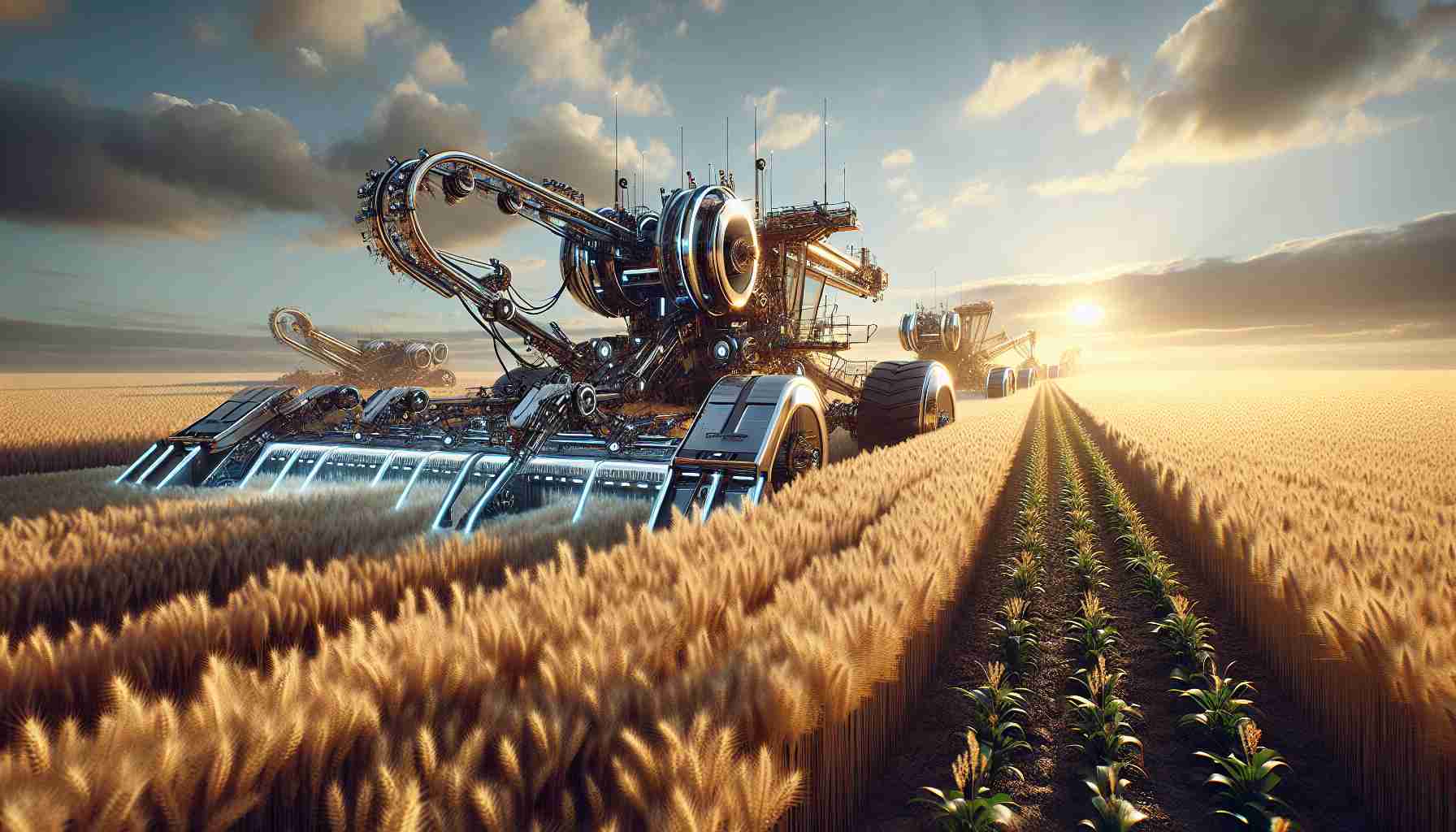In the rapidly evolving world of agricultural technology, Deere & Company, commonly known as John Deere, is positioning itself as a trailblazer. Best known for its iconic green tractors, the company is now accelerating into the future with an ambitious digital transformation strategy that leverages cutting-edge technology.
Embracing Automation: Deere & Company is integrating artificial intelligence (AI) and machine learning into its equipment to revolutionize the farming experience. This year, they unveiled an autonomous tractor capable of being controlled via a smartphone. This futuristic vehicle uses AI-driven cameras and sensors to navigate fields with precision, significantly reducing the need for manual oversight and increasing productivity.
Sustainability Through Precision: One of the most pressing issues in agriculture is sustainability. Deere’s advanced machinery is designed to tackle this issue head-on. Precision farming technology allows for optimized planting, watering, and harvesting, drastically cutting down on resource wastage and minimizing environmental impact. These innovations empower farmers to increase yield while being environmentally conscientious.
The Power of Data: By harnessing the power of IoT (Internet of Things), Deere is turning data into a powerful tool for farmers. The company’s connected platforms enable farmers to make data-driven decisions with real-time insights into soil health, weather conditions, and crop performance.
A Visionary Future: As Deere & Company embraces these technological advances, it not only reshapes its legacy but also sets new standards for the agriculture sector. The company’s initiatives promise to lead the industry towards a smarter, more sustainable future. Deere is not just moving with the times; it’s driving the change.
How John Deere’s Digital Revolution Is Shaping the Future of Farming
As John Deere steers its digital transformation, new facets of its strategy are emerging, changing the landscape of agriculture and highlighting both exciting possibilities and underlying controversies.
Pioneering Robotics: Beyond AI, John Deere is also exploring the integration of robotics in farming. This could soon lead to the creation of swarms of smaller, interconnected machines that work collaboratively, rather than relying solely on larger, single-unit equipment. The benefits are numerous: these robots could reduce soil compaction, increase crop yield, and adapt to various terrains. However, the risk of technology dependency and job displacement cannot be ignored.
Innovative Energy Solutions: John Deere is reportedly experimenting with hydrogen fuel cells as alternative energy sources for its machinery. This shift could potentially reduce carbon footprints more effectively than conventional diesel engines. Yet, widespread adoption hinges on infrastructure development and cost-effectiveness, highlighting a significant challenge.
Ethical Implications of Data Use: As John Deere’s machines collect extensive data, questions arise about data ownership and privacy. Who ultimately owns this agricultural data, and how is it safeguarded? This will require transparent policies to ensure trust among farmers and stakeholders.
Advantages and Disadvantages: These technological innovations offer numerous advantages, such as increased efficiency, sustainability, and productivity. However, they also present challenges, including potential job loss and concerns over data security and technology dependence.
For more information, visit John Deere or explore the Farming Technology landscape for broader industry insights.







